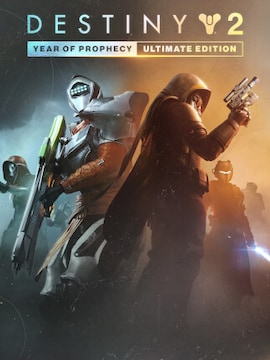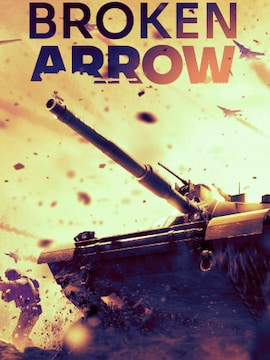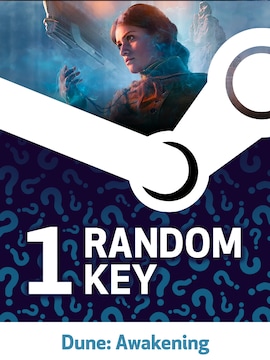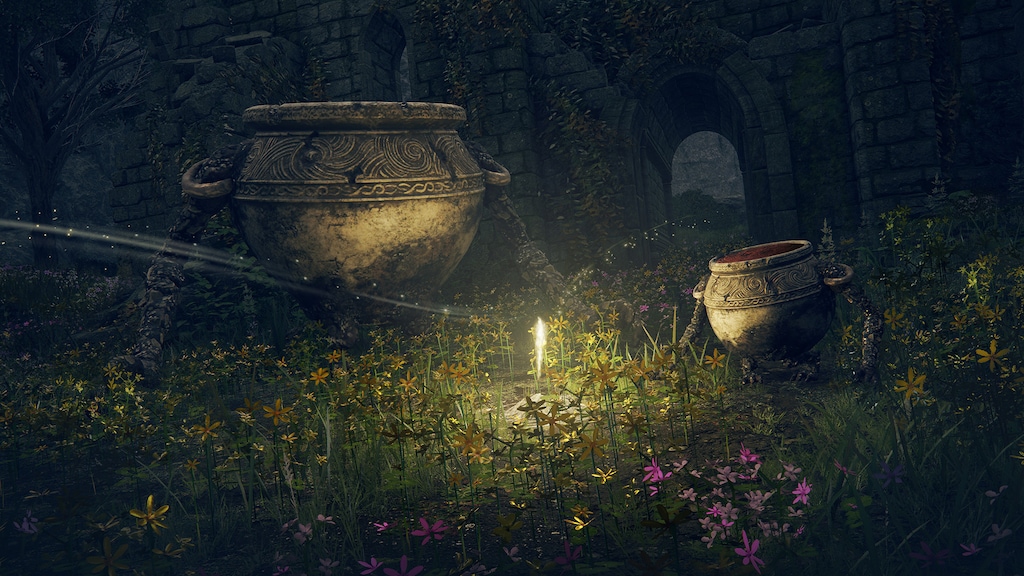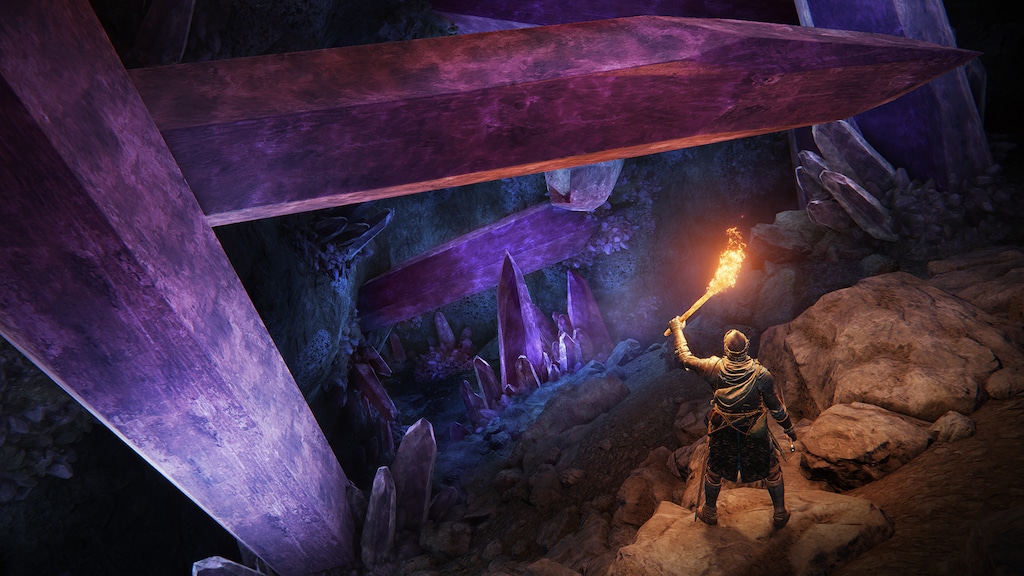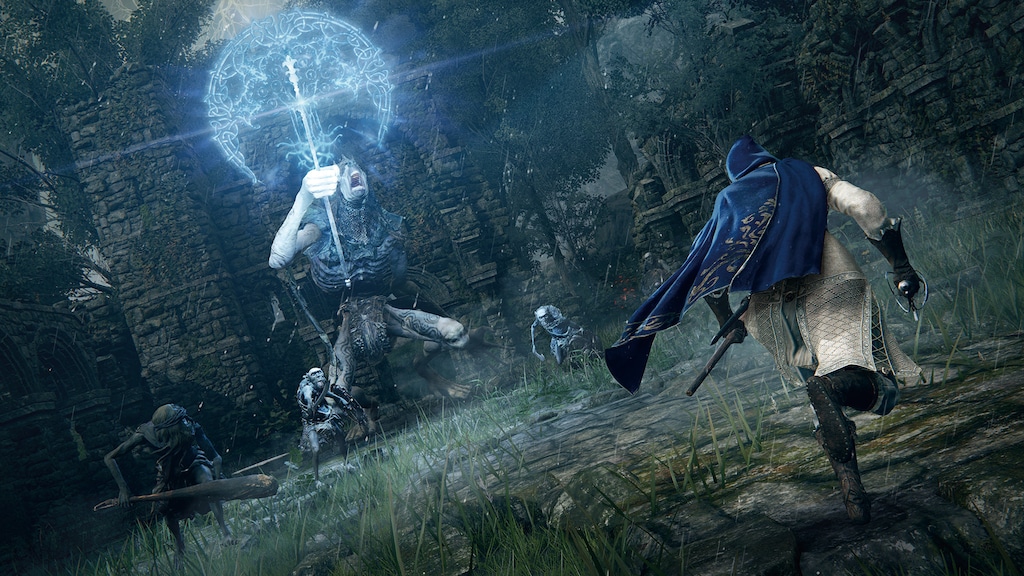With ten starting classes in Elden Ring, you might ask yourself – which is the best one to choose when starting a new run?
Of course, the answer depends on what you want to achieve, as well as how familiar you are with From Software titles.
Starting Attributes – what do they mean?
When selecting the perfect class, you should first understand the eight main stats (attributes) in Elden Ring and what they represent.
Vigour governs your HP, which affects how much damage you can take in combat before you fall. The higher your starting Vigour, the less squishy your character.
This stat is useful for any character because it determines your chances of survival. If you’re not very familiar with the Soulsborne genre, a starting class with high Vigour will serve you well, making combat more forgiving as you learn how to play.
Mind defines your FP, which is the resource used to cast magic, analogous to mana in some other RPG systems. This stat is especially important for casters relying on Sorceries and/or Incantations. The higher it is, the more of them you can cast before running out of magical energy.
Endurance affects your Stamina, which is used up by basically any action in combat – attacking, sprinting, blocking, dodging and even casting spells. If it’s depleted, you won’t be able to block, attack, or dodge.
Strength is required to wield Strength-based weapons and calculate the power of your attacks done with them. Many weapons have a Strength requirement you must meet to use them, even if their damage scales with Dexterity.
Your Strength also affects your Equip Load, which determines how heavy your equipment can be.
Dexterity is used for damage scaling and wielding requirements of Dexterity-based weapons. Such weapons are generally lighter and faster to use than the Strength-based ones. Some advanced weapons can require a certain level of both Dexterity and Strength to use.
Dexterity also shortens the casting times of spells, reduces fall damage, and makes it harder to knock you off your horse.
Intelligence is vital to cast one of two main magic types in Elden Ring – Sorceries. These spells are usually used to deal damage and are akin to wizard/arcane magic in other systems. Sorcery damage is generally scaled by Intelligence. Moreover, intelligence affects your magic resistance.
Faith is another stat that can be used to cast magic, although it’s primarily used for Incantations rather than Sorceries. Incantations have a variety of effects – apart from dealing damage, they can also be used to heal, remove ailments and enchant weapons.
If you’d like to focus on cleric/divine magic, then the Faith is the stat for you.
Arcane is similar to Luck in other From Software games, as it affects your item discovery rate – that is the likelihood to find items on enemy corpses. It also affects your holy and death defences, and, in many cases, status buildups.
What are the differences between the starting classes?
Each starting class starts with a different spread of stats and is, therefore, more appropriate for different playstyles – although as you level up, you can invest in other stats and modify your character’s stat spread to better fit your needs.
You might notice that some classes start at a different level than the others. The level represents your character’s overall sum of attributes and abilities. In general, the starting level doesn’t affect the difficulty level of starting the game with a specific class (unless you select the level one Wretch).
Higher-level characters will have to spend more runes to level up to another level and increase their stats. Your level is taken into account for multiplayer matchmaking – but that’s about it.
Note that while your starting class choice is important for your early-game experience and might cause some builds to be easier or harder to achieve, this choice doesn’t lock you out from changing your mind about what you want to excel in later on.
Sure, starting with 16 Intelligence and changing into a melee-oriented character is far from optimal, but you have the freedom to invest into any stat as you level up.
However, if you want to make the best choice possible to minimise the risk of wasting precious attribute points on something you will never use, our guide is here to help!
The best starting class for beginners
Thanks to its well-balanced stats and high HP, the Vagabond is widely considered to be the best starting class for beginners.
The Vagabond’s attribute spread makes this class a solid choice for a melee build, with good Strength and Dexterity allowing you to switch between different types of weapons.
This is further emphasized by the Vagabond’s starting equipment, which includes a sturdy shield for defence two weapon options – a longsword and a halberd. This allows you to experiment with different weapon load-outs to find the playstyle that fits you best.
Just note that the starting equipment of the Vagabond is pretty heavy compared to that of the other classes, meaning that you won’t have access to the medium roll from the get-go – only to the much slower slow roll.
A tip that many players wish they had known at the beginning of their first run is that you can remove your helmet or unequip the halberd to remedy that.
Since melee builds are relatively simple, they are good for players who don’t have much experience with the more complicated systems – but experienced players will find this starting class a good choice too.
The versatile attribute spread makes the Vagabond a good starting point for a variety of builds which doesn’t tie you to any particular playstyle early on. However, its underwhelming magic stats make it not ideal for players who are planning to play as casters.
The best class for magic casters
If you want to focus on magic in your build, we recommend starting as an Astrologer. This class has very impressive Intelligence and Mind, which makes it perfect for a Sorcery caster.
It’s important to note that all of the Astrologer’s other stats are very low, making it easy to kill.
The Astrologist starts with two spells – the Glintstone Pebble and the Glintstone Arc. Both of them are very good, with the Glintstone Pebble scaling well enough to be useful for a large chunk of the game.
You will also start with a sword and a shield that can be used in a bind, but your Astrologist will not be great with them unless you decide to invest in the more physical attributes.
Note that the Astrologer’s starting Faith is not great, so if you’re more into the Faith-based Incantations than the Intelligence-based Sorceries, you will either have to spend some points to improve that stat or consider choosing another class, like the Confessor, Prophet, or Prisoner.
Neither of those classes is as focused as the Astrologer, but they open up the possibility of creating interesting hybrid builds that combine Incantations with other gameplay elements.
The best class for a melee build
Not to be repetitive, but the Vagabond’s starting attribute spread means that unless you want to become a full caster, you will waste the least attribute points on the stats you don’t need if you choose this starting class. This makes the Vagabond a great choice not only for beginners but also for anyone planning to focus on melee, no matter the exact build.
While the Samurai is minimally less optimized when it comes to wasting attribute points, it is also often mentioned as one of the best choices if you want to focus on weapons rather than spells.
On top of its versatile stat spread, the Samurai’s starting equipment makes this class a very popular choice. The katana you start with is a very powerful weapon early on, and the class also comes with a bow that lets you switch to ranged combat when necessary.
As a result, the Samurai is a close second to the Vagabond when it comes to optimization for melee combat. And, let’s be honest – the Samurai looks incredibly cool.
The best class to challenge yourself
Let’s face it – if you’re playing Elden Ring, you probably like to challenge yourself. If you’re an experienced player of the Soulsborne genre, you know that there’s nothing more iconic than a naked wretch swinging their club around, barely scraping by in search of any equipment.
If you want to customize your experience and make every piece of loot you find feel like a huge achievement in the early game, why not try out the Wretch?
This class starts with a 10 in every attribute, making it a complete blank slate. Just note that even though the Wretch gives you complete freedom regarding your build choice from the get-go, it’s not ideal for min-maxing, as a 10 in a stat you don’t focus on is usually not optimal.
What about the other classes?
Although the classes mentioned above are, in our opinion, some of the best starting classes in Elden Ring, it doesn’t mean that the other ones should be overlooked.
If you’re starting the game knowing exactly what kind of playstyle you’re looking for, you’ll know exactly which of the starting attribute spreads and equipment will fit you best.
Perhaps you’re determined to play as a Faith/Strength hybrid and want access to Incantations from the very beginning. In that case, the Prophet might be the right choice for you.
Or maybe you’re planning a Dexterity-based, fast and agile build focusing on parrying? The Bandit with its Buckler shield and high Dexterity might serve you better than the classes we consider best.
At the end of the day, you can turn any of those starting classes into anything you wish. The initial class choice is not as crucial in Elden Ring as it is in some other RPGs that lock you out of some gameplay choices the moment you decide to become a Rogue rather than a Wizard.
And once you hit those high levels, your build can end up identical regardless of the class you started with – a late-game Vagabond and Prophet can look exactly the same without any issues.
Whatever class you choose, we hope you enjoy your journey through the Lands Between!


